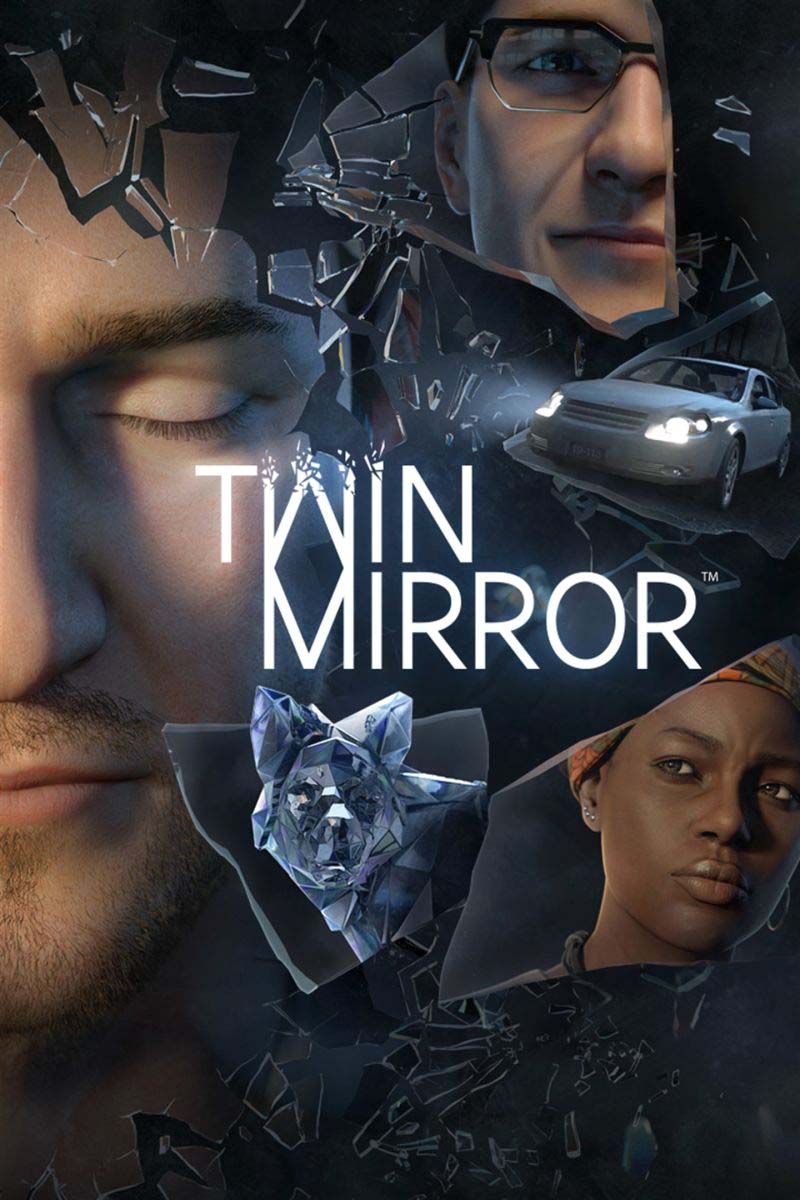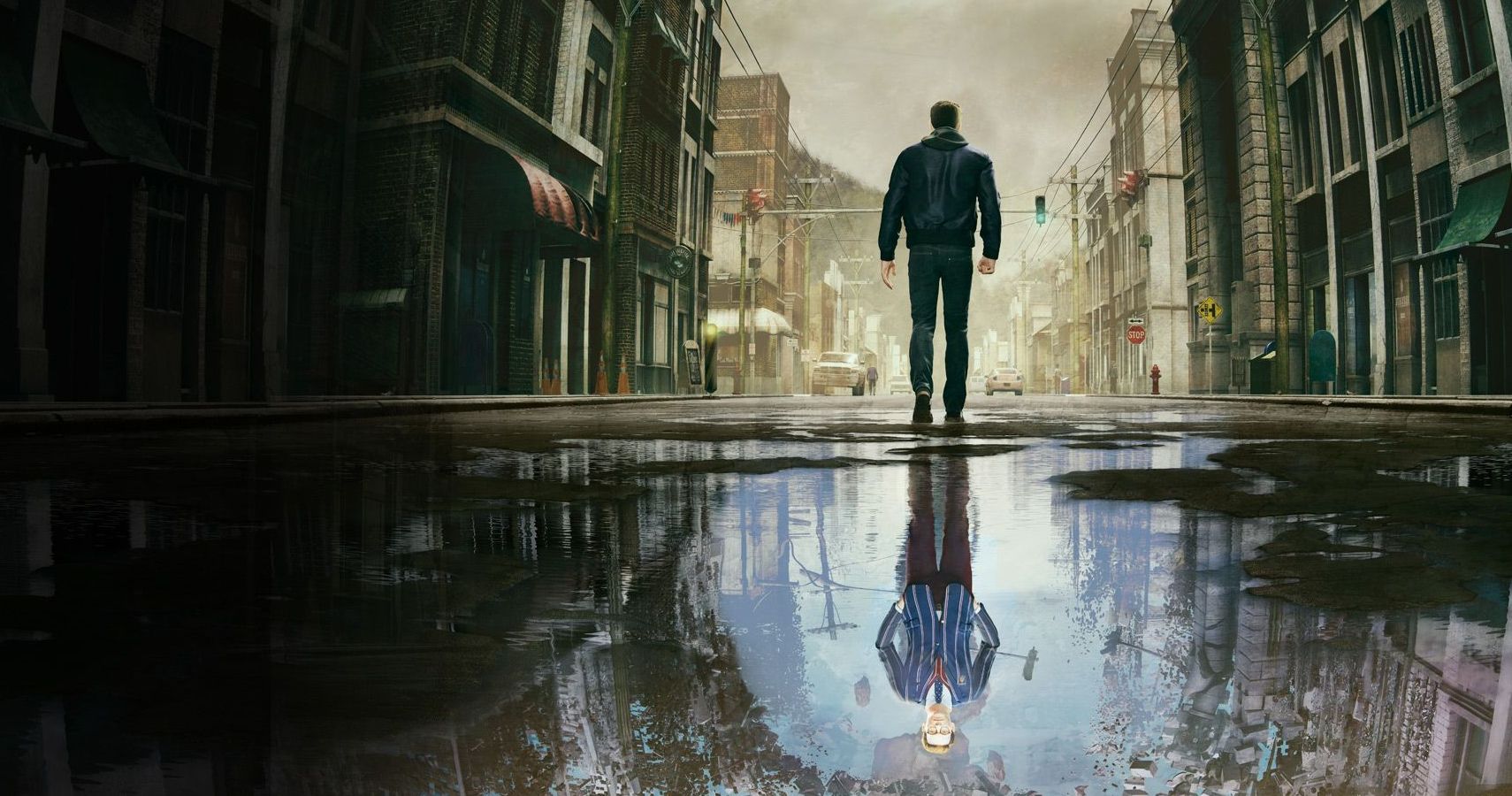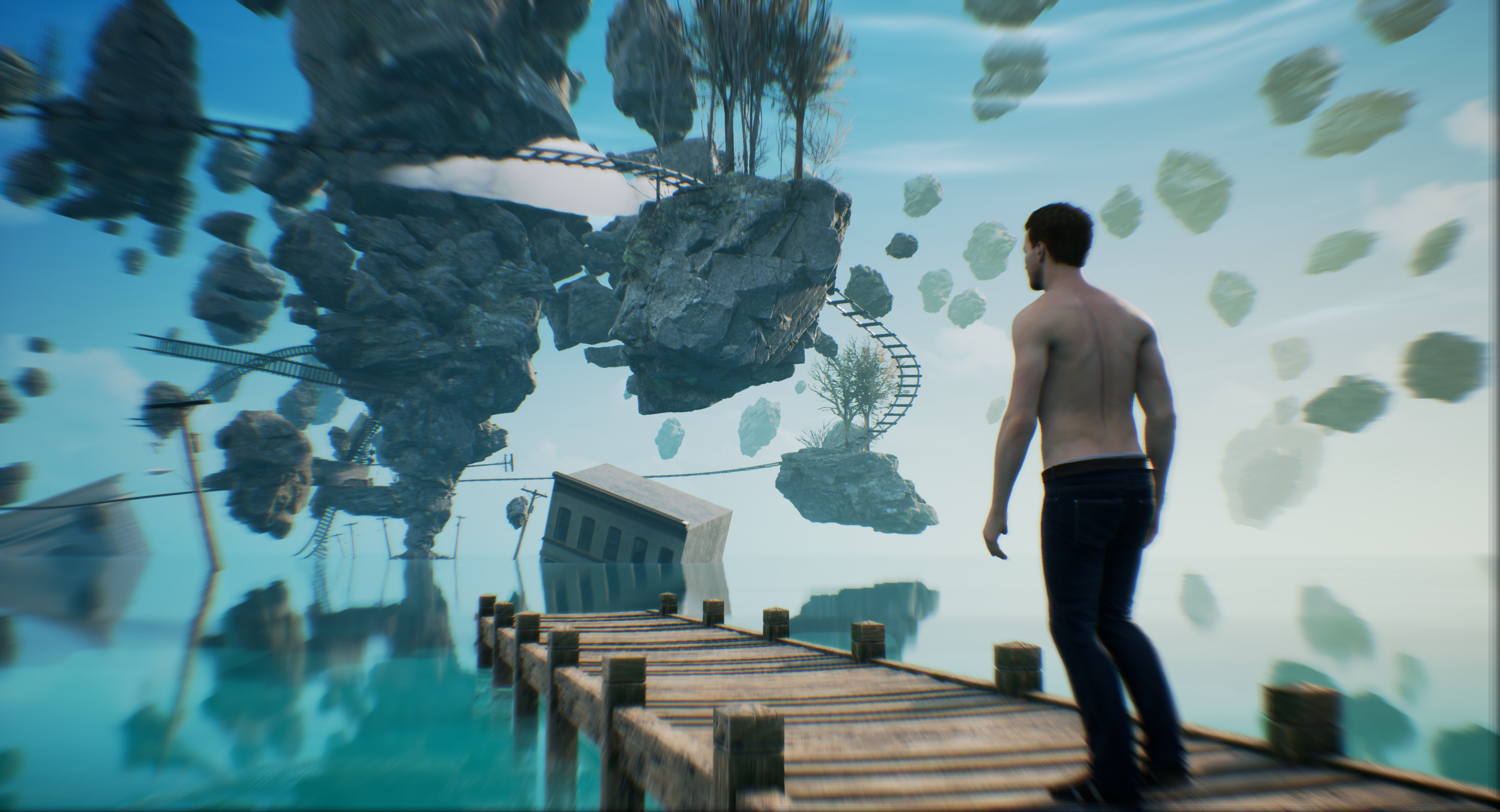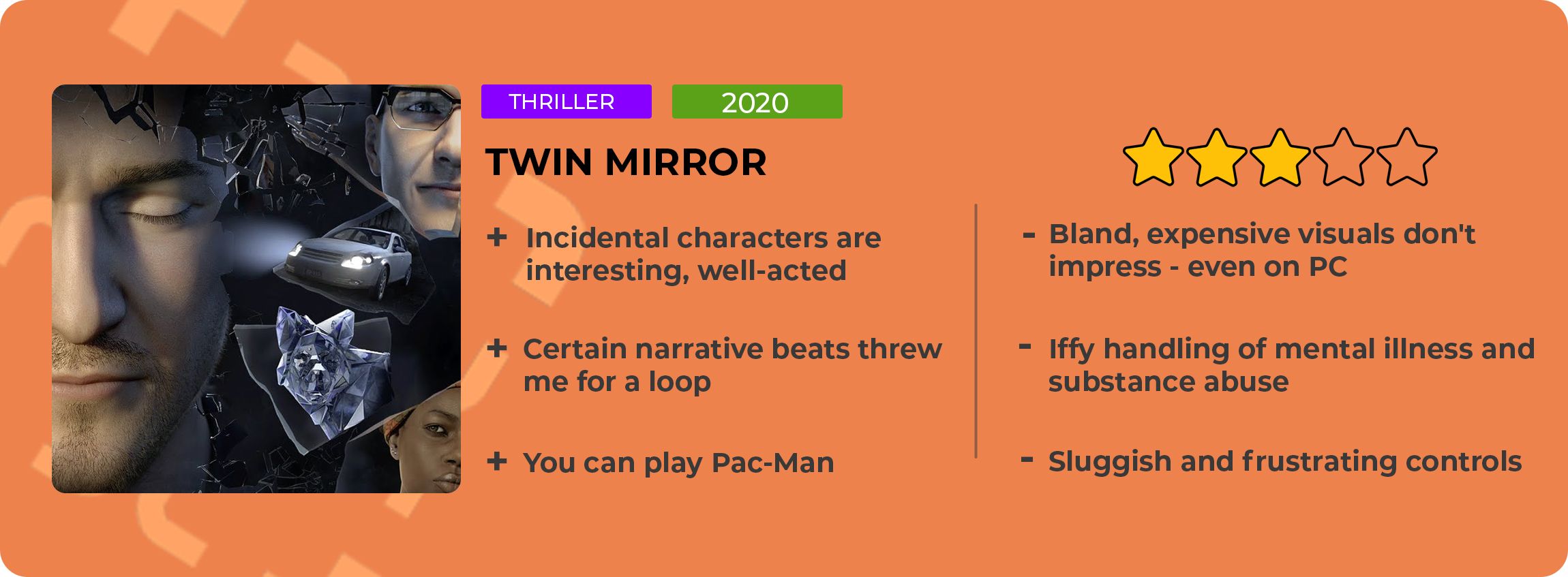Dontnod isn't afraid to play with expectations. It's a developer that looks for the surreal in the idyllic, always making the mundane rigmarole of everyday living seem like a hollow facade to some deeper truth. In all of their games, the team manages to ground outlandish premises by housing them in believable settings - the kind of houses, schools, and towns so many of us grew up in.
That was why Twin Mirror was so exciting to me. Life Is Strange succeeded largely on the merits of its interesting cast and compelling setting, yet felt very linear and in a rush to show players everything at once. But with their latest, Dontnod promised to deliver an experience that gave its setting room to breathe through more open gameplay, and more opportunities to peek behind the curtain of small town America.
Certainly, they succeeded in that last arena. Twin Mirror follows Sam, a journalist returning to his small town for the funeral of his lifelong friend. But no sooner does he arrive than does his friend's daughter, "Bug," tip him off that her father's death might not have been an accident. Sam agrees to help her look into the death, and so begins a gritty neo-noir yarn set in rural West Virginia.
Sam has his work cut out for him, though. After his reporting got the local coal mine shut down and ruined the town's economy, many locals are none too pleased to see him snooping around. While investigating, Sam has to keep tabs on who has it out for him, who still likes him, and who can help him get to the bottom of his friend's death.
Of course, there's a twist - there always is with these things, after all. Sam's mind is occupied by a bespectacled split personality only he can see, hear, or interact with. This personality plays the part of Devil's Advocate, as he doubts Sam's conclusions and frequently gives him contradictory advice. As you investigate your sleepy hometown's secrets, the Double will poke and prod the player to challenge their own perspectives. It's a fairly novel idea done decently enough, and one that always encourages you to think twice about your actions.
Unfortunately, for all these little compelling pieces, all of these clever narrative contrivances that should make for an engaging story, nothing about Twin Mirror ever really comes together. The central mystery ambles and sags, and the key players simply aren't as compelling as casts in Dontnod's previous works. Worse yet, certain narrative beats feel rote and done to death - ripped from mid-aughts psychological thrillers and neo-noir flicks. It's far from a bad story, but it never swings for the fences in the same way I'd expect from this studio.
I also take issue with the game's depiction of alcoholism and mental illness, which comes across as both trite and insensitive. Both are played for the usual narrative trickery ("What happened last night? Oh, no, where did this bloody shirt come from!") and not given the gravity they ought to be treated with. Worse yet, when directly addressing these issues, the script stumbles in trying to actually say anything meaningful about living with multiple personalities, or trying to escape substance abuse. I honestly expected more from a studio that's handled topics like police brutality, transphobia, and bullying with such a delicate touch, and miss that care here.
Not helping matters is the gameplay, which is often needlessly frustrating for a game without much to do beyond walking, clicking, and talking. Controlling Sam feels too weighty and sluggish, and hunting for the right object to click on is frustrating due to finicky button prompts and unclear direction. While I do like Twin Mirror's more open approach to exploration compared to Tell Me Why or Life Is Strange, I just wish it felt better to actually, well, explore.
Thankfully, the game's compelling investigation sequences make up for this somewhat. When recreating a certain event, Sam is tasked with walking around an area and using evidence to piece together different sequences. However, the evidence tends to always conflict, and ultimately, Sam is forced to choose from multiple outcomes in order to progress. You have to really take the time to make sure you're pointing fingers at the right people, and you'll almost always be in a position where you're second-guessing yourself. It's a novel way to break away from a more linear form of mystery-solving, and I hope it returns in future Dontnod titles.
What I don't hope returns, however, is Twin Mirror's bland art direction. Dontnod's signature visual panache is missing here, and in its place is a game full of questionable artistic choices. While this is certainly the most expensive-looking of their productions, it's also the flattest. Gone are interesting color palettes, distinctive character designs, or unified elements of style. Instead, Twin Mirror trades in drab realism for its "real world" setting, and generic hexagonal futurism and "stuff floating in a skybox" for Sam's "Mind Palace" - a place where he retreats to reconstruct and contextualize certain memories. Neither is particularly striking, and I was pretty disappointed that the game never showed me something novel or new in the visuals department.
None of this, though, is to say that Twin Mirror is a bad game. I don't think it is. There are parts here that work - narrative beats that hooked me, characters that I cared about, revelations that surprised me. However, those bits and bobs just aren't enough to save the whole package, which plays out like the sort of low-rent mid-2000's thriller you'd rent at Hollywood Video when the movie you wanted was sold out. There are worse titles out there, and even worse Dontnod games (I'm still not over Vampyr, thanks,) but that's not exactly a glowing recommendation.
If you're looking for a psychological thriller to sink your teeth into, you could definitely do worse than Twin Mirror, but it's honestly only worth checking out if you're strapped for choices.

Twin Mirror
A PC copy of Twin Mirror was provided to TheGamer for this review. Twin Mirror is available now on PlayStation 4, Xbox One, and PC




